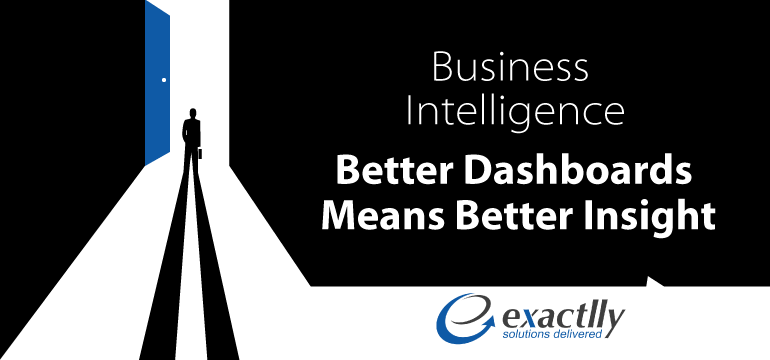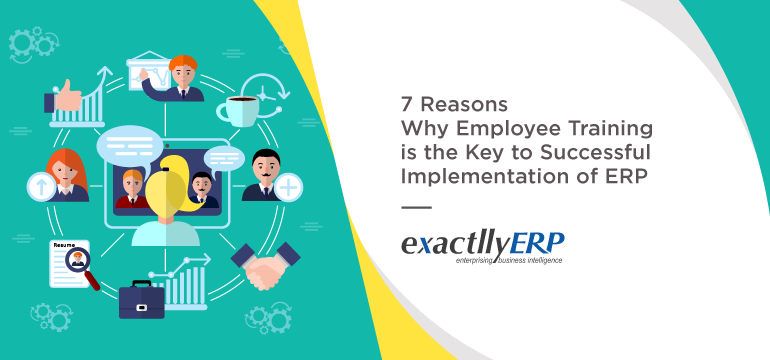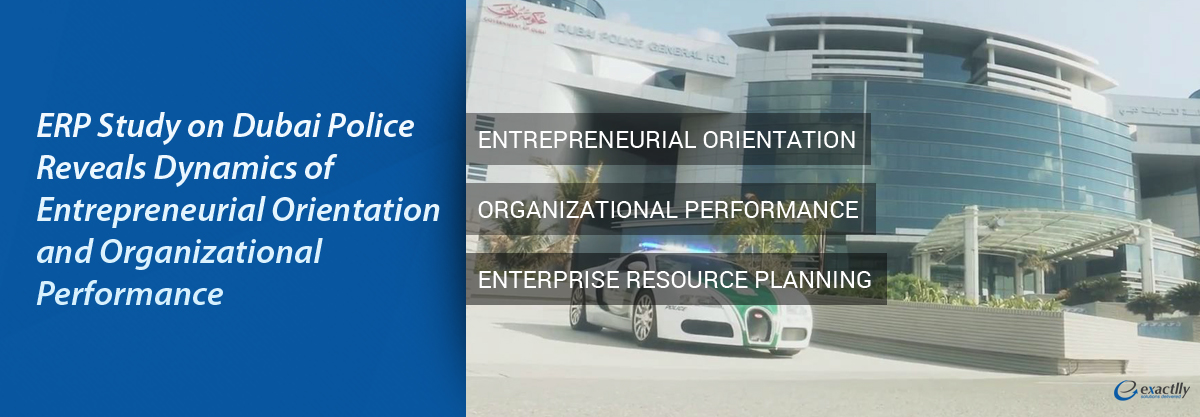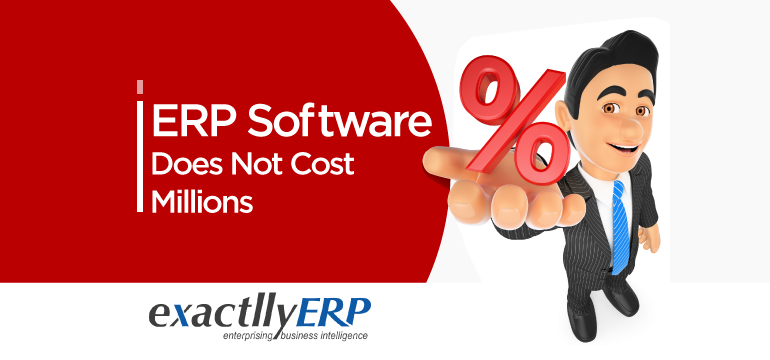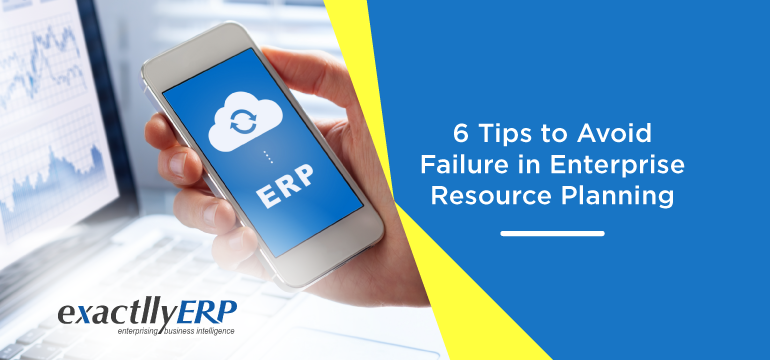6 Ways to Optimize Organization Performance Using ERP
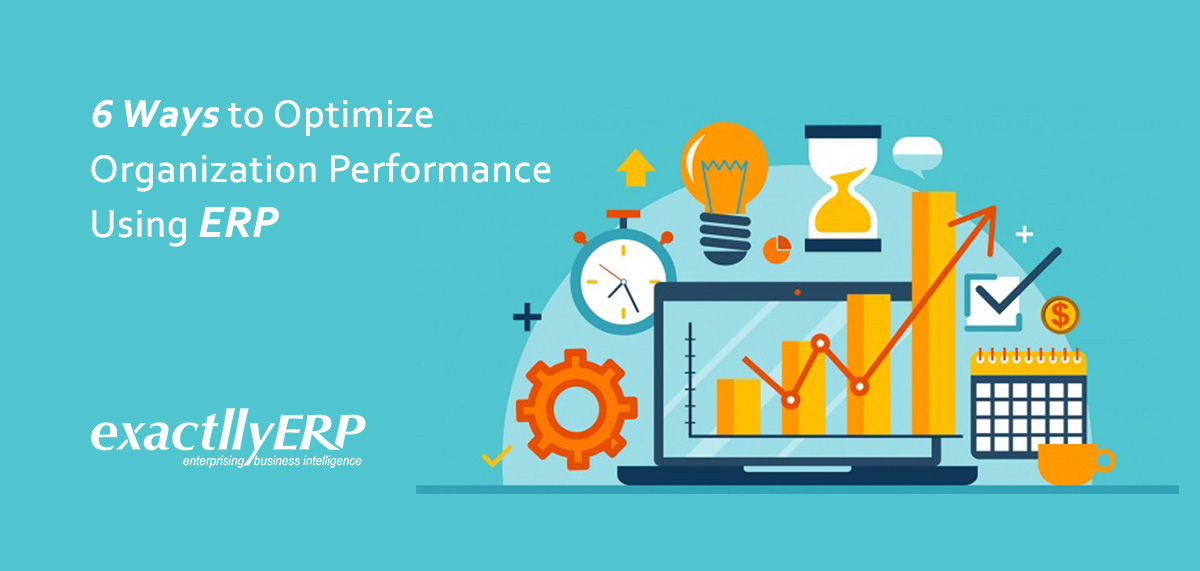
Enterprise resource planning or ERP is a business process management software that enables an organization to use a system of integrated applications for business management through automated functions. These functions include assisting back-office functions of technology, services, and human resources. These are 6 ways to optimize organization performance using ERP.
Various organizations across sectors have been using ERP to minimize tasks and functions that can be carried out with the ERP software. ERP is software that is coupled with other software such as HRMS, CRM, project management software, etc. When associated, and integrated with such software, the benefits of ERP include the following –
-
Project management or PMS – ERP helps to plan projects and manage them amongst various teams; it helps an organization to organize and manage teams; it enables tracking time schedules of the team members and helps to keep all emails pertaining to projects organized.
-
HRMS – management of human resources as well as management of payrolls, leaves, shift management, etc.
-
CRM – helps in ensuring high levels of customer relationship management by keeping a check on warranty and service contracts executed within the organization, making service calls, and understanding opportunities in the pipeline with clients that could benefit the organization.
-
Others – helps in managing assets such as fixed assets while capturing depreciation amounts, helps in basic cost accounting and management of the budgets associated with projects as well as organizational expenditures, aids in speedy management and formulating of invoices for sales and purchases as well as make room for returns and crediting, helps in keeping a tab on warehousing related activities such as valuation of inventory, stock transfers, etc.
ERP is a comprehensive solution for the business as it encompasses all software into a single unified structure.
What are the ways in which you can optimize organization performance using ERP?
The advantages of using ERP software include the following –
1. Addressing Business Needs:
ERP software helps you address all your core business needs as it enables control over information that is accurately stored. It helps to streamline all the various processes and functions of an organization into a single platform. Centralized data can be easily accessed by any employee and thus contributes to greater efficiency. ERP software also enables transparency across the information.
2. Easy Controls:
ERP software is easy to use and maintain – its controls and functions are designed to enhance productivity, minimize costs. Some other functions include, but are not limited to, expense limitations, customized approval workflows, audit tracking on transactions.
3. Budgeting:
ERP software can be used by small, medium and large sized organizations alike. The software provides models to ensure that employees can stick to and manage budgets related to projects as well as internal costs. It assists in maintaining accounts and giving a clear picture of the sales margins, profits, project-related budgets, etc. When used with the project management software, enterprise resource planning enables visibility of project costs and expenditures.
Additionally, the return on investment on the ERP software is high because the cost of buying and maintaining the software is low as compared to manually maintaining organizational data.
4. Real-Time Reporting:
One of the benefits of ERP software in an organization is the creation of reports on a real-time basis. Such reports help employees and project managers get a 360-degree view on the budgets, sales, target achievements, etc., in other words, a holistic insight on the operational and financial aspects of a project vis-à-vis the organization. ERP software thus helps employees to see the bigger picture. Real-time reporting helps in the constant capturing of data so that information is not lost. Additionally,
5. Value for Business:
By keeping a check on the financials of the organization, ERP software helps in deriving the maximum value for your business. It helps an organization increase its return on investment as it boosts productivity through its various functions. It enables flexibility within the organization. Redundancies are eliminated with the cut down on manual storage of information and this, in turn, leads to better project management which results in better customer satisfaction. In this manner, the ERP software brings high value to the business.
6. Increase the Availability of Information:
ERP software helps companies access information across projects anytime and anywhere. Employees can take decisions on a real-time basis, as well as manage their records and data which may range from financial information to project related information. As a business grows, so does the level of information and it becomes difficult to keep track of the sales, margins, ratios, profits, etc. ERP software thus enables employees to synchronize data and make calculations based on the information that is accessible to all. The benefits of ERP in this respect also includes reducing the load on maintaining manual records.
Finally, the benefits of ERP in an organization also include security and protection towards sensitive data. The data and information collected and collated with the help of the software are protected externally and only employees can access it through the high levels of security. The software allows restriction of access to data so that only relevant information is available, even to employees. The software is flexible in allowing role-based lockdown of information.
exactllyERP Software offers a robust Enterprise Resource Planning mechanism that encompasses all these controls and functions thus enabling you to have a seamless experience and Optimize Organization Performance Using ERP.


